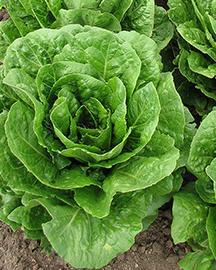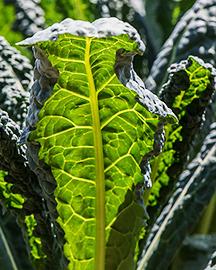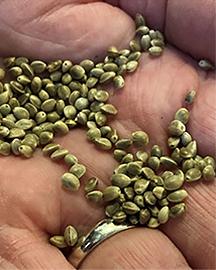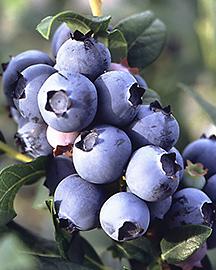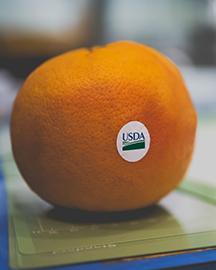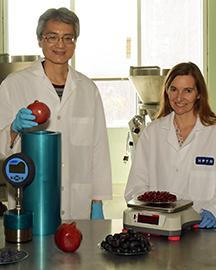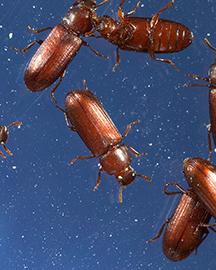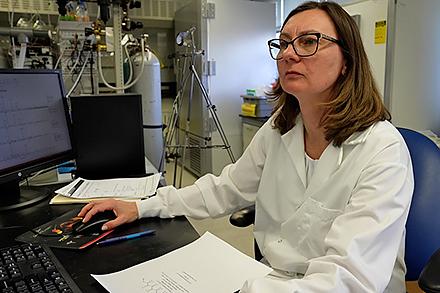
Detecting Levels of Forever Chemicals in Our Foods
Per- and polyfluoroalkyl substances (PFAS), also known as “forever chemicals”, can persist in the environment and bioaccumulate in animals, humans, and plants. These chemicals can be a threat to human health. Researchers found that diet can be a source of PFAS exposure, but efficient analytical methods are needed to measure their levels in foods
ARS scientists in Wyndmoor, PA, developed a new method to analyze 34 PFAS in foods regulated by the USDA Food Safety and Inspection Service (FSIS), including chicken, pork, beef, catfish, and eggs. Results demonstrated that this new analytical method is robust, accurate, and precise. It is also fast and simple and outperformed two official methods used by the Food and Drug Administration and FSIS. Once implemented, this new analytical method will provide greater guidance for detecting PFAS levels in foods.
Related Information




